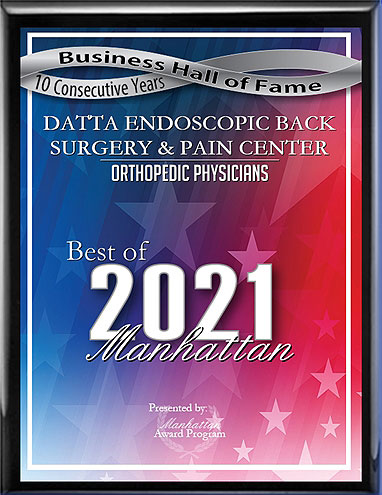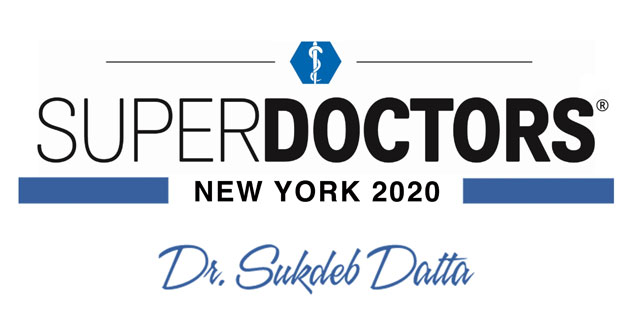When you undergo any surgery, you want to do so with confidence that it will be effective and a knowledge of the risks. No surgery is always effective, but sciatica surgery relieves symptoms in the majority of patients. In addition, you can reduce the risk of continuing symptoms in your case by choosing a minimally invasive form of surgery and making lifestyle changes.
Variation Among Surgeries
There are a number of surgeries that are used to treat sciatica, depending on the nature of the underlying condition. For example, herniated and bulging discs are a common cause of sciatica, and a laser discectomy can be used to treat these issues with strong results. When more invasive treatment methods like vertebral fusion or the removal of vertebra bone are performed, the risk of ineffectiveness is higher. However, the majority of patients who undergo all types of sciatica surgery find relief for their symptoms.
Importance of Lifestyle Changes
Unfortunately, it is relatively common for sciatica patients to experience a recurrence of symptoms later on down the line, in addition to the risk that surgery will be ineffective. One of the best ways to reduce this risk is to be proactive about making all recommended lifestyle changes, in order to prevent a recurrence of symptoms. Important steps include:
In most cases, regardless of the surgical procedure used, sciatica surgery is successful. However, no surgery is 100% foolproof, and it's possible that patients will find that their symptoms are unrelieved or recur later on. Your doctor will only recommend sciatica surgery if he or she believes the benefits outweigh the risks. However, the risk of ineffectiveness is one which all patients must evaluate and take into consideration before making a decision on surgical treatment.
To learn more about whether sciatica surgery is right for you, please click below and enter your information or call the Datta Endoscopic Back Surgery and Pain Center at (646) 374-1799.
Variation Among Surgeries
There are a number of surgeries that are used to treat sciatica, depending on the nature of the underlying condition. For example, herniated and bulging discs are a common cause of sciatica, and a laser discectomy can be used to treat these issues with strong results. When more invasive treatment methods like vertebral fusion or the removal of vertebra bone are performed, the risk of ineffectiveness is higher. However, the majority of patients who undergo all types of sciatica surgery find relief for their symptoms.
Importance of Lifestyle Changes
Unfortunately, it is relatively common for sciatica patients to experience a recurrence of symptoms later on down the line, in addition to the risk that surgery will be ineffective. One of the best ways to reduce this risk is to be proactive about making all recommended lifestyle changes, in order to prevent a recurrence of symptoms. Important steps include:
- Stop smoking
- Lose weight
- Use good posture, which can prevent symptoms but not spine issues
- Perform sciatica exercises and stretches regularly
In most cases, regardless of the surgical procedure used, sciatica surgery is successful. However, no surgery is 100% foolproof, and it's possible that patients will find that their symptoms are unrelieved or recur later on. Your doctor will only recommend sciatica surgery if he or she believes the benefits outweigh the risks. However, the risk of ineffectiveness is one which all patients must evaluate and take into consideration before making a decision on surgical treatment.
To learn more about whether sciatica surgery is right for you, please click below and enter your information or call the Datta Endoscopic Back Surgery and Pain Center at (646) 374-1799.






 EDISCSCULPT
EDISCSCULPT



